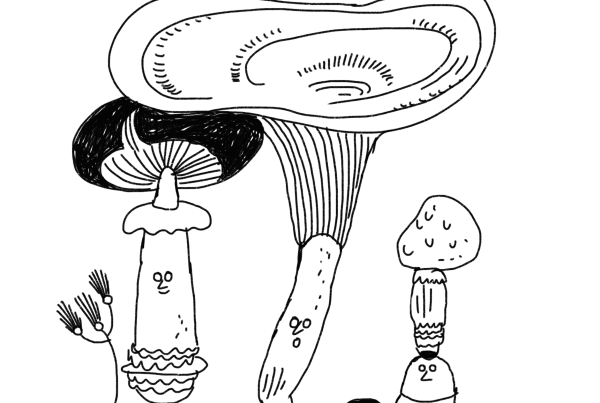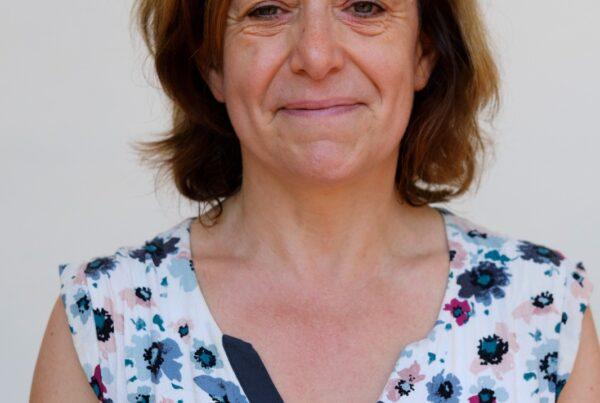By F. Fogel
Along with Léon Chancerel (1886 – 1965), Rose Marie Moudouès gave rise to ASSITEJ, of which she practically wrote down the first constitution. She was its Secretary General from 1965 to 1989. President of honour of ATEJ, Director of collection, she serves, now, as the Secretary General of the French Société d’histoire du théâtre.
At the time of ASSITEJ’s foundation, what ideas did you share, which brought you together?
First, you have to go back to this time, the Cold war, and understand that we had to deal with two separate worlds. There was Occident, and Soviet Union, with its satellites. Yet, it turned out that, on each side, we were aware that there, in theater for children, lay an extremely important field, for the future.
The French, of ATEJ(1), and the British, who began to work together, from 1964, knew that « things » were happening abroad, and that it was necessary to make them spread internationally. To break this wall had an huge importance : we didn’t fought, during the war, to find ourselves with a world cut in half. We needed to find back a unity, through the children, and to show that you may have different civilizations, and live together. And I must say that it has been a total success. It was one of the reasons why, at the founding congress of Paris, in 65, both of those worlds were pretty widely represented.
Which notion of childhood did these people support
We thought to the child as a developing being, to whom we had to offer a full access to culture, in order he becomes a man, or a woman, without any distinction with grown ups. We had a vision of what we had to propose him in terms of theater, as we had to develop this theater, to have it taken into account, to support it. In France, the facilities were very, very poor.
So, it was a message addressed to politic authorities, too…
Yes, even if, in some countries, we didn’t have much to do to convince, because they already were. For us, from the West, the first time when we went to Moscow, and we saw the Theater for children right on the Theaters Square, near the Bolshoi, it was such a shock ! Then, in France, where I have been closely involved in the birth of CDNEJ,(2), thanks to ASSITEJ we had knowledge of what was being done abroad. It took time, but being able to argue with concrete examples helped a lot.
How did all these desires came to life, through the history of ASSITEJ ?
Through meetings, invitations to individuals to come around and direct productions in other countries. After 4 or 5 years, an identity had arisen. Bounds made of friendship, of work, between directors, trouppes, induced an opening towards other forms of arts. What was very important for the training of theater people, was to face the work of artists who were ahead of them. All the moments of gathering have been important. In each of them, we had the thing which needed discussion, reflexion, the « happy discovery ».
How did ASSITEJ manage its continuous opening to new countries ?
Very naturally. There was a huge curiosity to see how the others worked. I have a very accurate remembrance, for instance, of the first encounters with the Cuban theater, which were an ultra-poor one. But, in despite of the lack of means, there was such a poetic sense, such a rhythm ! They were able to build with nothing. It proved that facilities weren’t the condition of the beauty of a show, its ability to reach the children.
This can be contrasted with the big shows produced in Moscow, for instance. Natalia Sats had a theater for children built, which was, from the very entrance hall, a place of enrichment. They were welcomed by music, characters. Wonderfull painting hanged on the walls. They were entering a universe. I would have a lot to say about aesthetics in Natalia Sats productions ! But the child was really in a bath of culture. When we compared this with other countries, like Cuba, we realized that everyone could do its bit. And it wasn’t a bad thing, neither, for the very rich ones, to see how the others could create with very little.
(1) Association du Théâtre pour l’Enfance et la Jeunesse
(2) From 1978 to 2000, the 6 Centre Dramatiques Nationaux pour l’Enfance et la Jeunesse operated the French national network for TYA.






